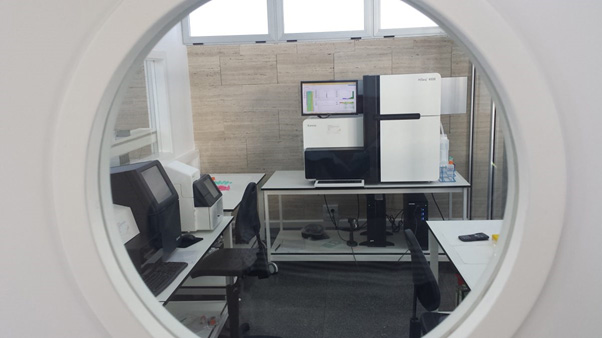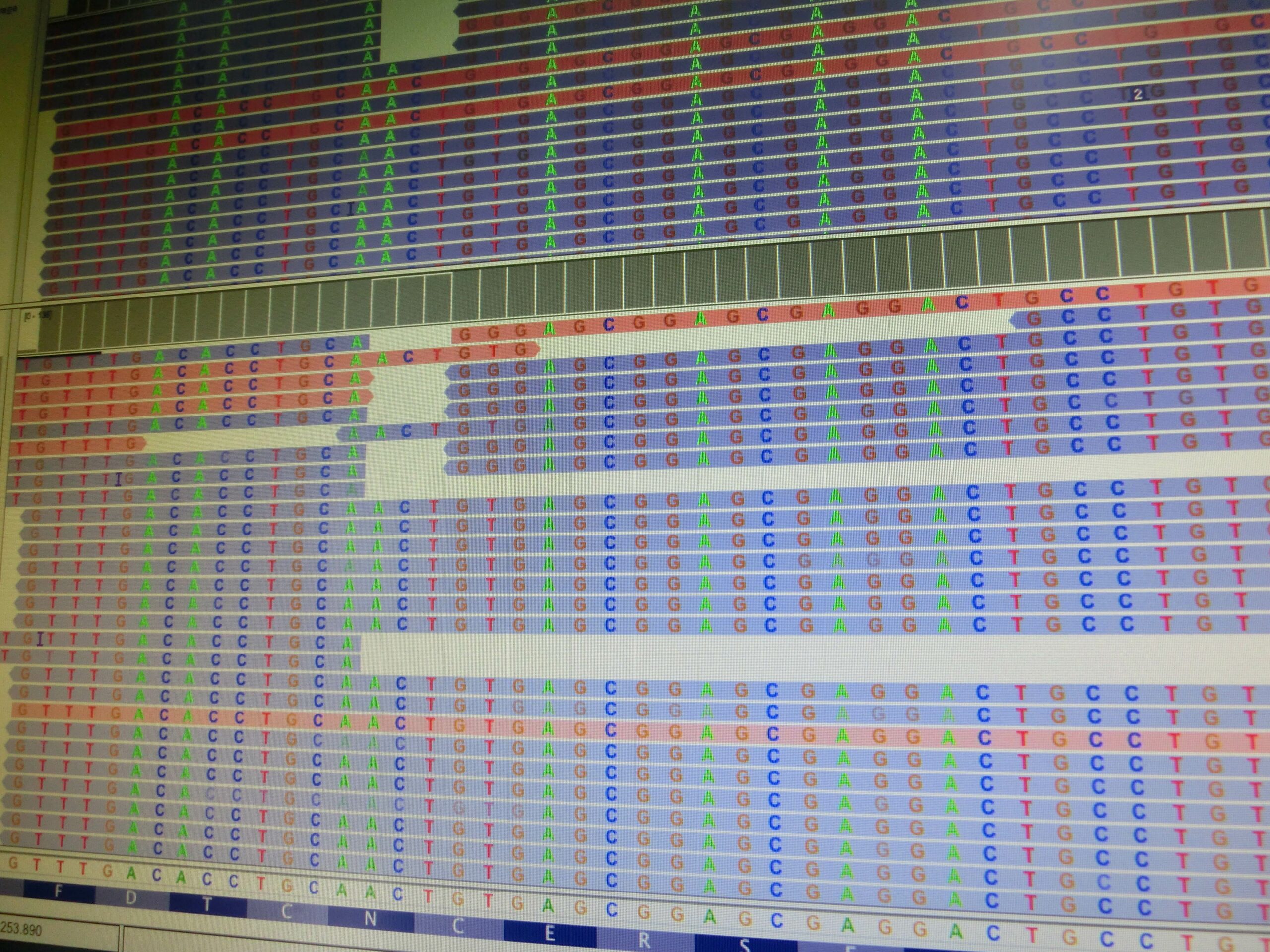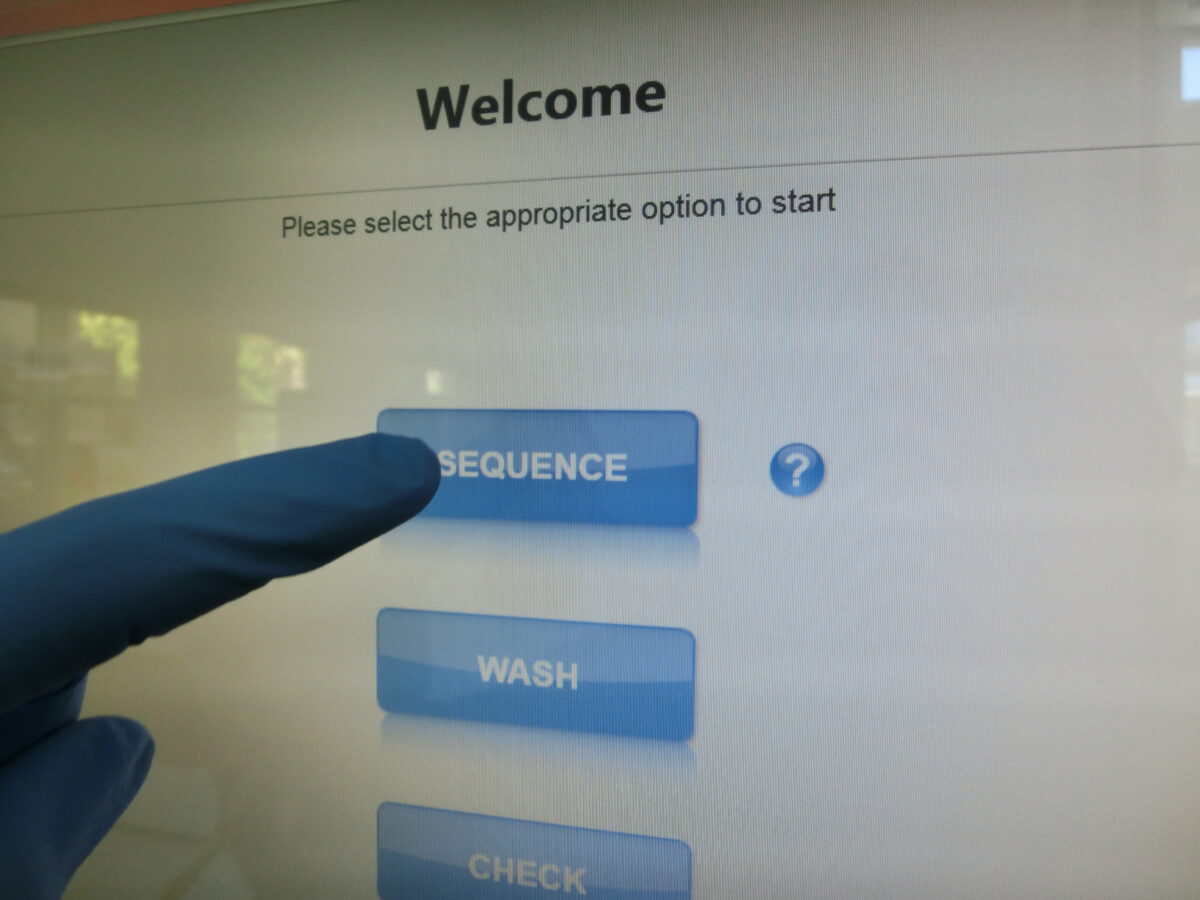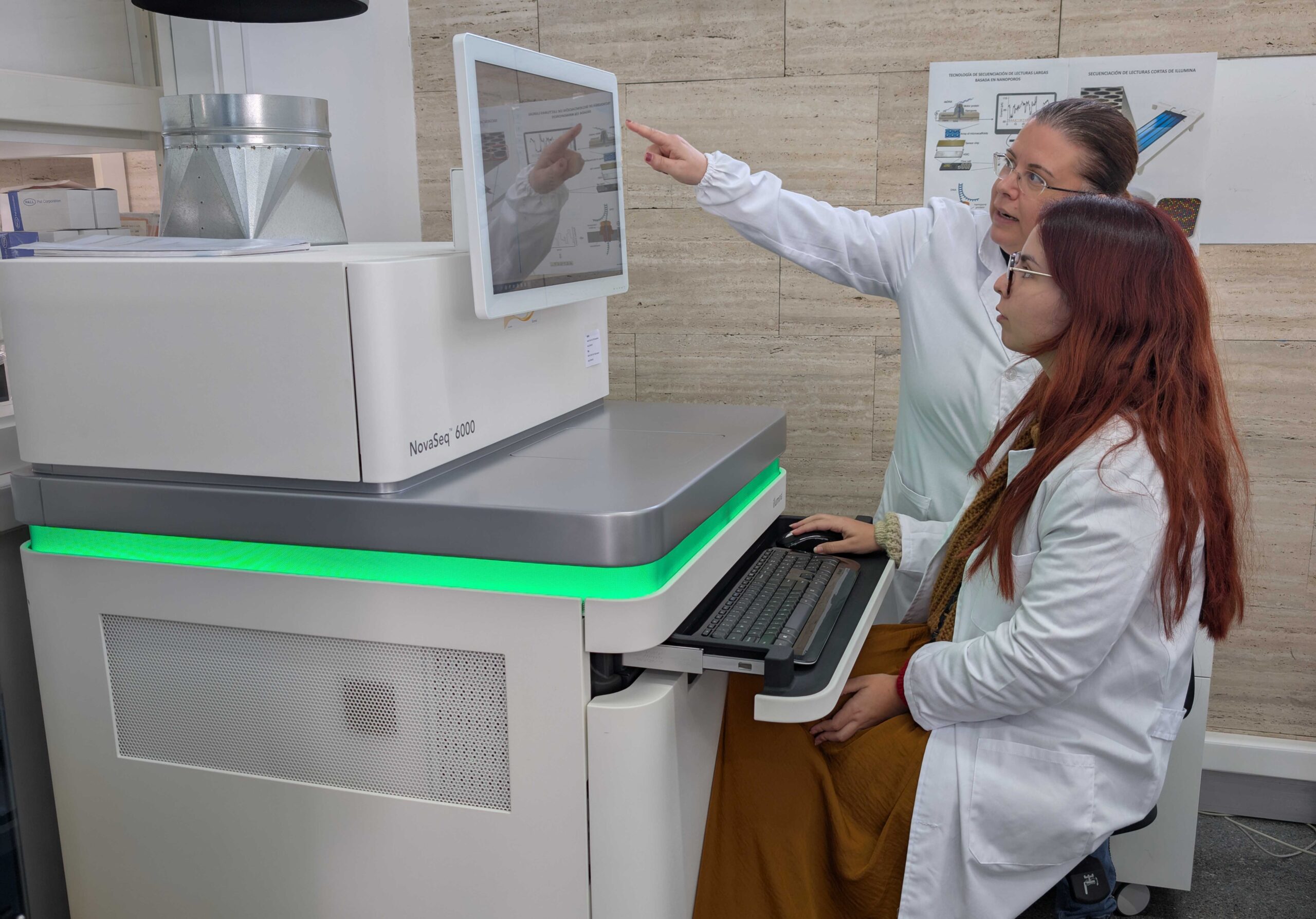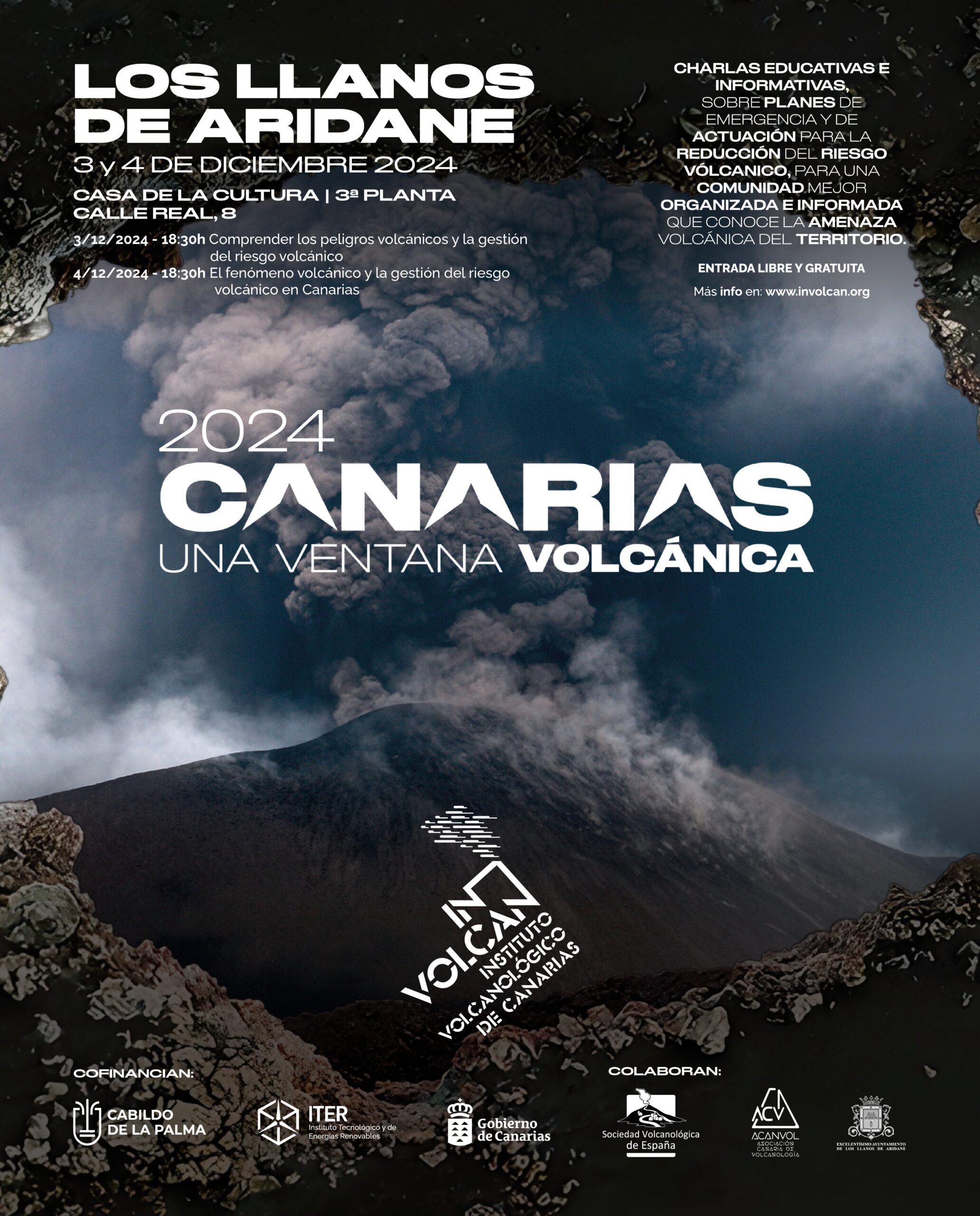Objective
The main objective of this service of massive analysis of genomic data is the development of research projects and the deployment of services aimed at bringing Tenerife and, by extension, the whole of the Canary Islands, closer to the implementation of Personalised Medicine. This service is being structured through the creation of an area of ITER, the Genomics Division, in three areas:
- in recruiting staff with the right professional profile;
- in the installation of a molecular biology laboratory adapted for massive DNA sequencing;
- and in the adaptation of the teideHPC high-performance computing infrastructure for the use of bioinformatics data processing tools.
Main actions and partners
Currently, the massive genomic data analysis service is developing the necessary protocols for the routine massive sequencing of complete genomes and exomes (that part of the genome that codes for proteins). In January 2017, the first advances made by this new division of ITER were made public: the sequencing of the first 10 complete human genomes carried out for the first time in the Canary Islands, under quality and reproducibility conditions.
Once the initial installation and tuning phase of the aforementioned technologies has been completed, the ITER team will be able to expand its activity by developing initiatives not only through the participation of the massive genomic data analysis service and the dissemination of its results, but also through the organisation and participation in activities for the promotion of education, training, research, development and innovation in Biotechnology. The initial pilot project started in 2016 thanks to the capital increase of ITER authorised by the Tenerife Council has been transformed into a viable project for the future, a fact that is illustrated by the scientific and research activity demonstrated by the human group behind it. In this sense, it should be noted that the initial activity channelled through the pilot project has been reflected in the scientific contribution in various relevant national and international forums.
All this activity is placing Tenerife and the Canary Islands on the national and world map of centres of excellence that promote research related to Personalised Medicine.
It should also be noted that all the activity promoted by the Tenerife Council has been ahead of recent initiatives that stand out at national level. We would highlight the clear alignment with the Proposal of Recommendations for a State Strategy for Personalised Precision Medicine (MPP), drawn up in 2017 by a prestigious team of experts in different fields of knowledge linked to Biotechnology through the Roche Institute Foundation. The study highlights, specifically in the proposal of recommendations called ‘Area 6, on Research and Innovation (R&I)’, the consensus that is beginning to exist in our country for the design and development of various PPM strategies, among which the ‘promotion of studies to characterise genetic variability in healthy populations (healthy phenotype)’ stands out. This consensus is also endorsed by the activity of the Parliamentary Commission on Precision Medicine in the Spanish Senate during the 2017-2018 biennium, whose objective is to analyse the future of PPM and its impact on the National Health System and its funding.
Financing
Tenerife 2030 Area: Innovation, Education, Culture and Sports. Tenerife Council.
This action is co-financed by the MEDI-FDCAN Programme 2016-2025 and is included in the Strategic Framework for Island Development (MEDI) 2016-2025 of the Island Council of Tenerife.

Period of implementation
January 2018 – December 2021
Links of interest:


